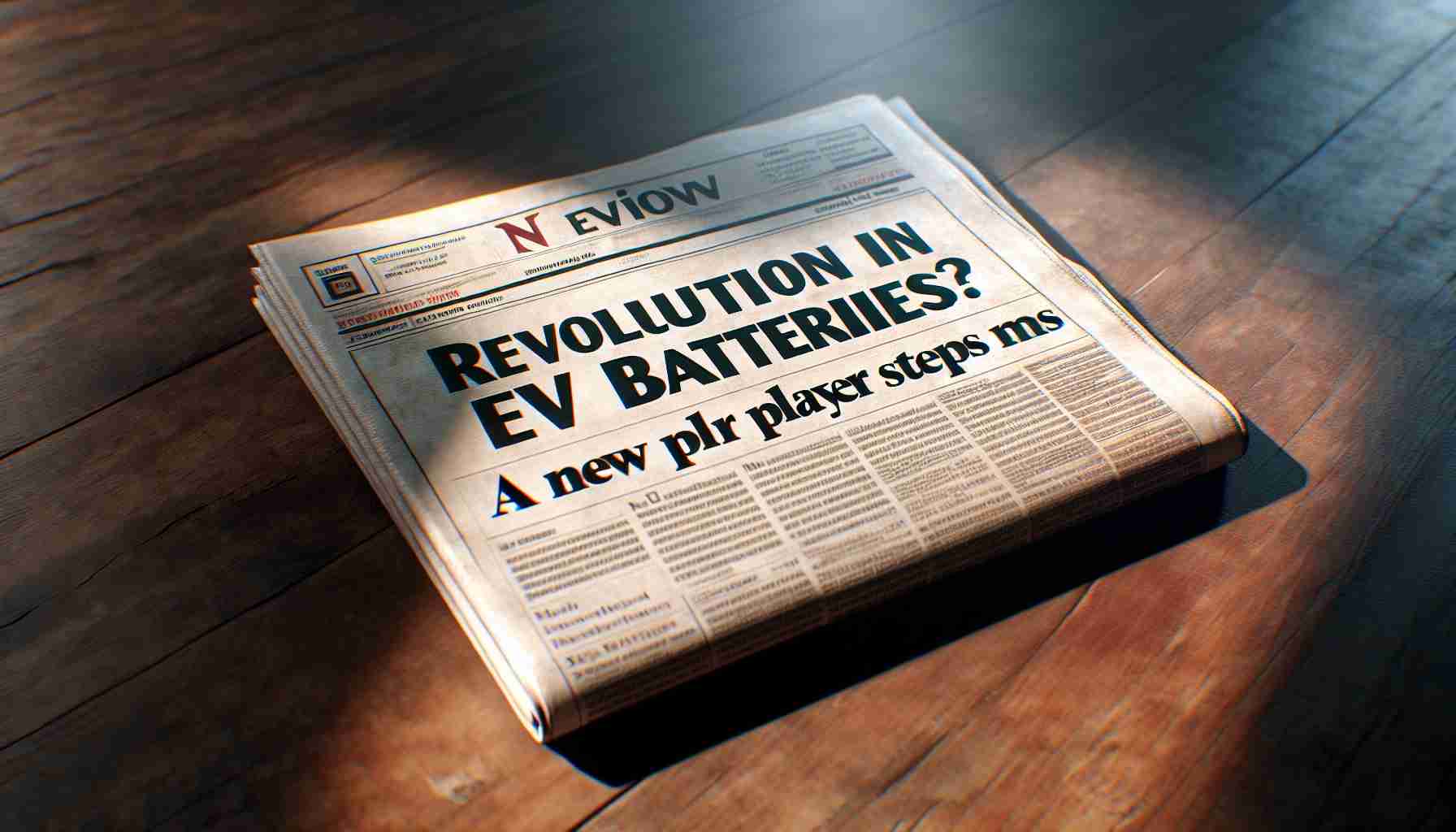In a groundbreaking move, Hyundai is poised to potentially reshape the electric vehicle landscape. The South Korean automotive giant has recently made headlines with its innovative approach, patenting an all-solid-state EV battery system in the United States.
Solid-state batteries are often hailed as the holy grail of energy storage for electric vehicles. Unlike conventional lithium-ion batteries, which use liquid electrolytes, solid-state batteries employ a solid electrolyte. This advancement offers several significant benefits: increased energy density, enhanced safety, and potentially faster charging times. These improvements could lead to longer range EVs with shorter downtime for charging, addressing two of the most pressing concerns for consumers.
Hyundai’s entry into the solid-state battery race is not merely a technical venture but a strategic one. By securing a patent for this technology, Hyundai is positioning itself as a leader in the next generation of EV innovations. The implications for the automotive industry are vast, as car manufacturers worldwide are keenly aware of the shifting tides towards more sustainable and efficient energy solutions.
While the details of Hyundai’s specific architectural approach remain under wraps, the news has already sparked excitement among industry insiders and environmental advocates alike. As the demand for electric vehicles continues to surge, largely driven by climate change concerns and governmental regulations, breakthroughs like Hyundai’s could accelerate the transition to zero-emission transportation.
With companies like Hyundai at the helm, the vision of widespread, sustainable electric mobility seems more possible than ever before.
Hyundai’s Solid-State Battery: Transformative Innovation in the EV Market
Hyundai’s latest patent filing for an all-solid-state EV battery system has become a hot topic in the world of electric vehicles, promising a new era of technological advancement. Solid-state batteries offer a significant leap over traditional lithium-ion batteries, providing higher energy density, improved safety, and faster charging capabilities. These enhancements could drastically extend the range of electric vehicles while reducing charging downtime, addressing major consumer concerns.
Features and Innovations
Solid-state batteries utilize a solid electrolyte rather than a liquid one, which offers multiple benefits:
– Increased Energy Density: Enables longer travel distances per charge.
– Enhanced Safety: Reduces risks of leaks or fires associated with liquid electrolytes.
– Faster Charging Times: Potentially reduces the time needed to recharge compared to current standards.
The patent solidifies Hyundai’s role as an innovator in the EV landscape, as it strategically aligns with the global push towards sustainable energy solutions.
Market Implications
Hyundai’s move is a strategic play that positions it at the forefront of next-generation EV technology. As global regulations tighten to mitigate climate change, the demand for zero-emission vehicles is set to skyrocket. Hyundai’s innovation could spur an industry-wide shift towards solid-state batteries, influencing other manufacturers to upgrade their technologies and compete in this space.
Pros and Cons
Pros:
– Higher Energy Efficiency: Resulting in longer ranges and possibly smaller battery sizes.
– Improved Safety Features: Solid electrolytes decrease the risk of fires or explosions.
– Potential for Lower Costs: As the technology scales, production costs could decrease, making EVs more accessible.
Cons:
– Current High Manufacturing Costs: The technology is still emerging, requiring more investment to reach mass production.
– Technical Challenges: Long-term durability and suitability for various climatic conditions need further examination.
Market Analysis and Sustainability
The automotive industry is amidst a significant transformation, with electric vehicles projected to dominate the landscape. According to market analysts, innovations such as Hyundai’s solid-state batteries could drastically reduce the dependency on fossil fuels, contributing to enhanced environmental sustainability. As a major player, Hyundai’s adoption and promotion of this technology will likely encourage more widespread use, propelling industry-wide adoption.
Predictions
Experts suggest that within the next decade, solid-state batteries will become standard in the EV market, leading to vehicles that are not only efficient but also cheaper over time. Hyundai’s innovative push suggests that we might see these advances sooner rather than later, helping transition the world towards a more sustainable future.
Conclusion
Hyundai is setting a course to possibly revolutionize the electric vehicle market with its patented solid-state battery technology. As the world shifts towards sustainable electric mobility, Hyundai’s pioneering efforts reflect a promising future for the automotive industry and underscore the potential for solid-state batteries as a game-changer in EV technology. For more insights on their innovations and developments, visit Hyundai.







